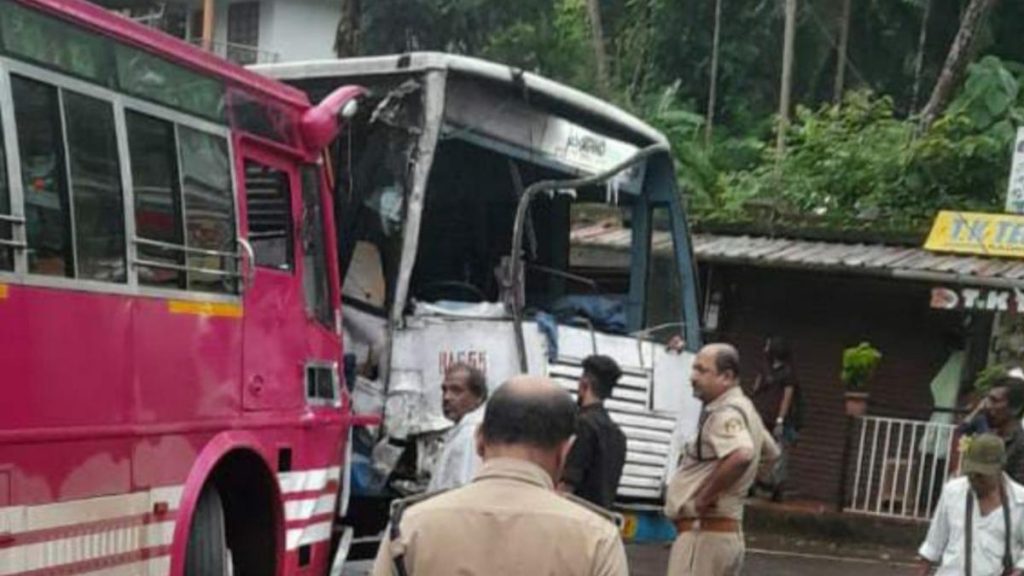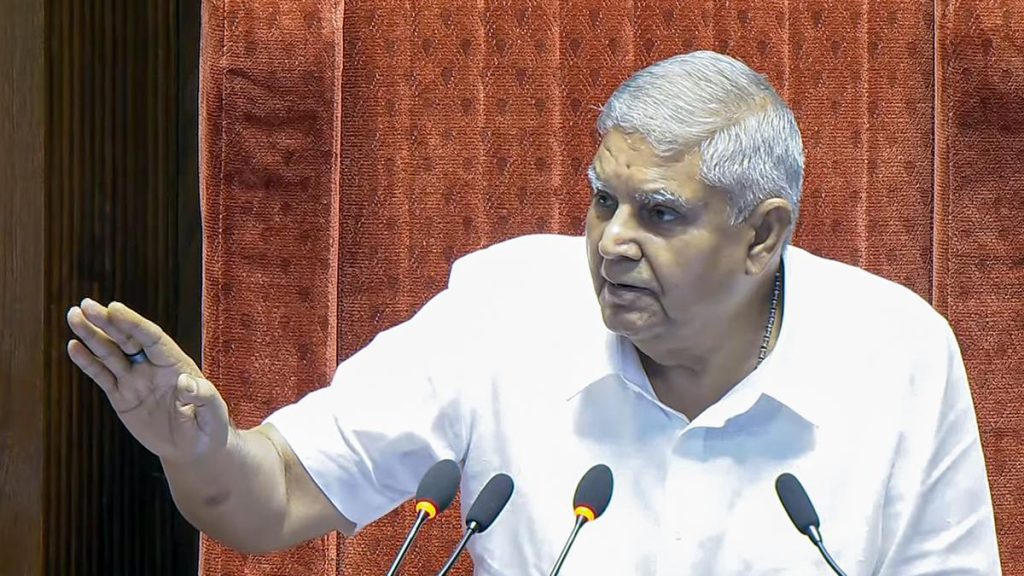Now Reading: Relocation to Panjapur: Tiruchi Passengers Raise Concerns Over Bus Fare Hike
-
01
Relocation to Panjapur: Tiruchi Passengers Raise Concerns Over Bus Fare Hike
Relocation to Panjapur: Tiruchi Passengers Raise Concerns Over Bus Fare Hike
Quick Summary
- Following the opening of the Integrated Bus Terminus (IBT) at Panjapur in Tiruchi, commuters report increased bus fares despite official assurances of no fare hike.
- Private buses on routes like Pudukottai and Thanjavur have allegedly raised ticket prices by ₹10-₹15 per passenger. Suburban bus fares reportedly rose by up to ₹5 without prior notification.
- the fare hikes are attributed to increased fuel costs due to extended routes, as IBT is located 9 km from Tiruchi Central Bus Stand.
- CPI councillor K. Sureshkumar suggested that fares for certain longer routes should be proportionally reduced if operators adjusted for additional kilometers only.
- K. C. Neelamegam from Thanneer highlighted adverse impacts on daily wage workers and students, urging authorities to intervene or increase government bus services.
- R. Dharmarajan from the Federation of Bus Operators Association assured that operators were directed not to raise fares without State approval and pledged corrective measures following complaints.
- Collector V. Saravanan held discussions with private operators to address commuter grievances.
Indian Opinion Analysis
The reported fare increases following the launch of Panjapur’s Integrated Bus Terminus highlight a conflict between operational costs and commuter expectations in Tamil Nadu’s transportation sector. While location shifts are frequently enough justified by infrastructure planning, their ripple effects-like route extensions-require careful stakeholder management.As commuters face unexpected economic burdens, especially vulnerable groups like students and daily wage earners, sustained affordability becomes a crucial demand for public transportation systems. The intervention by local authorities demonstrates accountability but also underscores the need for systemic solutions; increasing government bus frequency or implementing transparent pricing coudl mitigate tensions.the assurance from the Federation and swift action from officials reflect recognition of this issue’s significance-but continuous monitoring will be vital in maintaining equitable outcomes across districts post-infrastructure changes.
Read more: Original source























